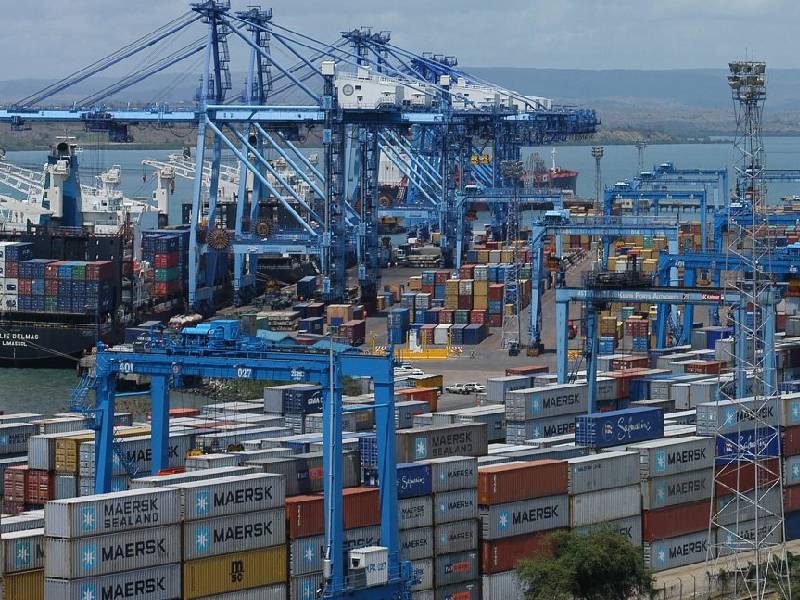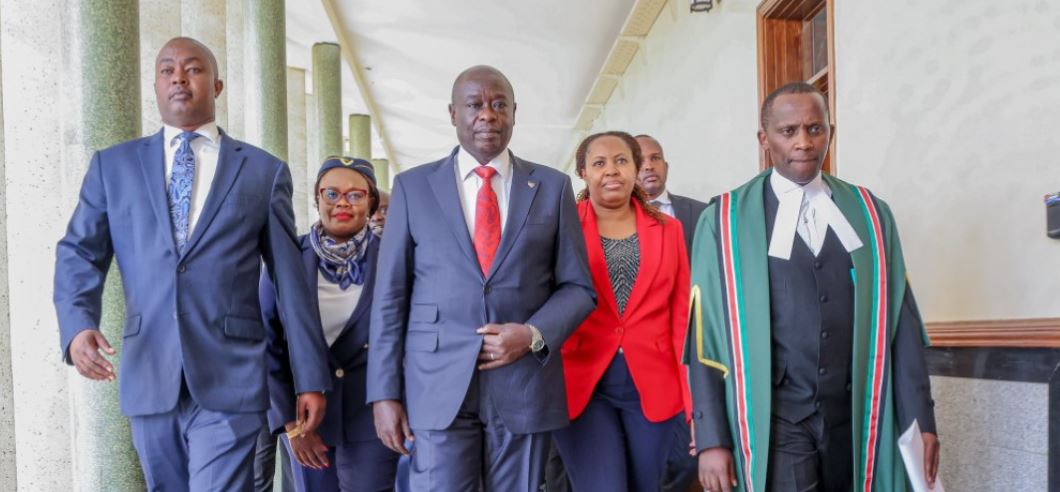KPA issues 14-day ultimatum to owners of idle containers at Mombasa Port

The owners are required to settle any outstanding charges owed to the Authority prior to the removal of their equipment.
In a bid to streamline operations and optimise space utilisation, the Kenya Ports Authority (KPA) has issued an ultimatum to owners of privately owned idle equipment and long-stay empty containers at the Port of Mombasa.
In a notice on Tuesday, the authority's Managing Director William Ruto issued a 14-day deadline for stakeholders to promptly remove their equipment from the premises.
More To Read
- Mombasa traders decry high taxes, cargo clearance delays
- KPA workers win 10 per cent pay rise, better health cover in new union deal
- Sh16.5 billion allocated to extend SGR from Naivasha to Uganda border
- Relief for traders as Kephis suspends new Mombasa Port charges
- Police launch investigation into suspected copper smuggling at Mombasa port
- Government announces rise in port activity amid graft allegations
"We have observed a significant presence of privately-owned equipment and long-stay empty containers within the port premises, which is impeding our operational efficiency," he said.
Following an extensive equipment survey conducted within the port premises, the Authority uncovered a concerning accumulation of privately owned idle equipment, stalled vehicles, tools, and long-stay empty containers.
 KPA Managing Director Captain William Ruto. (Handout)
KPA Managing Director Captain William Ruto. (Handout)
"We are calling upon stakeholders to evacuate their belongings within the stipulated timeframe," Captain Ruto added.
Owners of the identified equipment and containers have been given until the close of business on May 7, 2024, to make arrangements for their evacuation from the port premises.
Additionally, the owners are required to settle any outstanding charges owed to the Authority prior to the removal of their equipment.
"We understand the importance of timely compliance with this directive to avoid any disruptions to port operations," the authority added.
Failure to adhere to this notice, KPA will result in the disposal of the equipment and containers in accordance with the Kenya Ports Authority Act, with charges being levied to cover incurred costs.
Top Stories Today















































